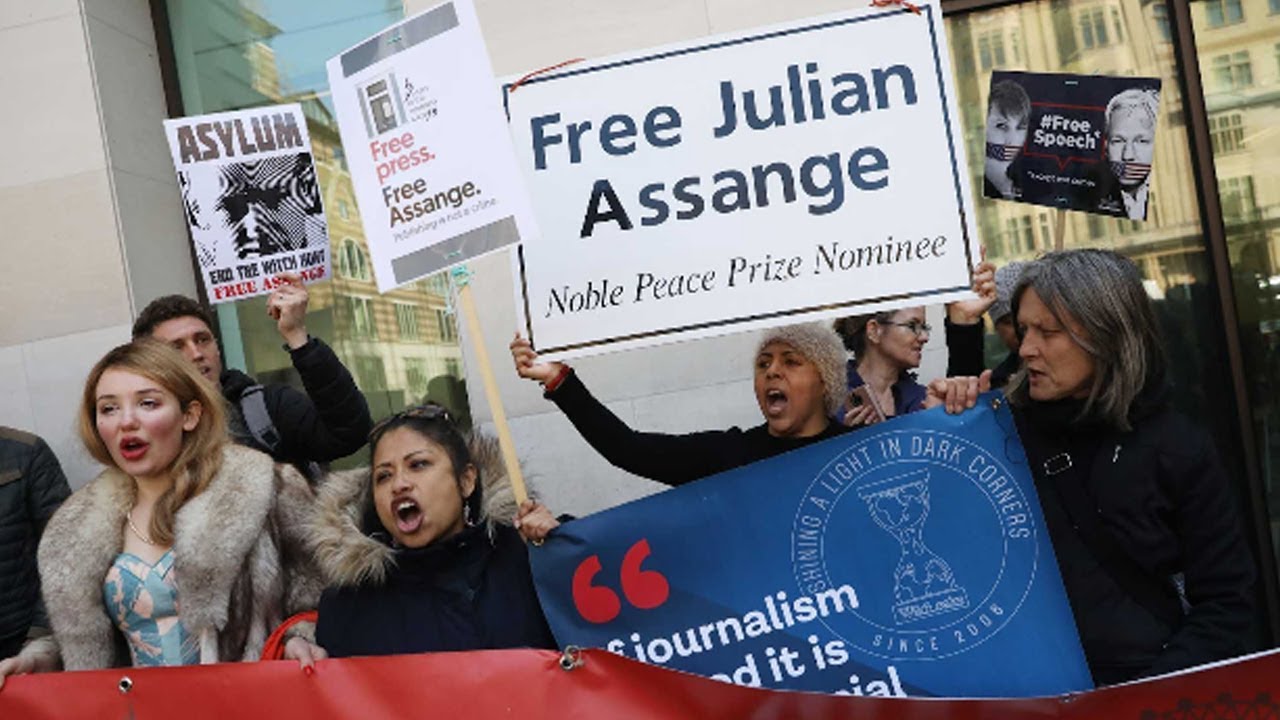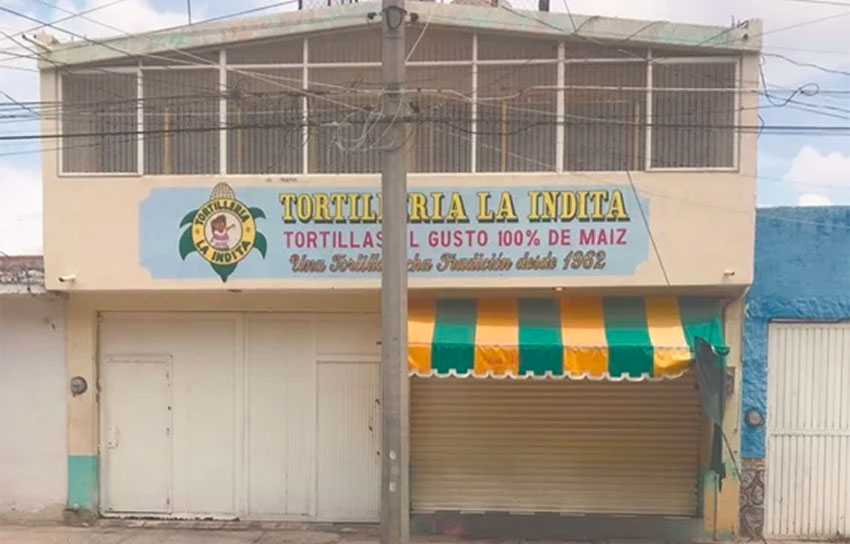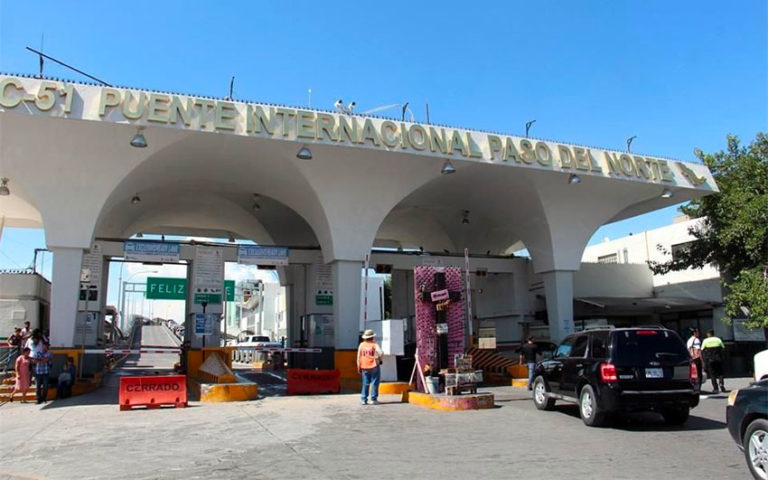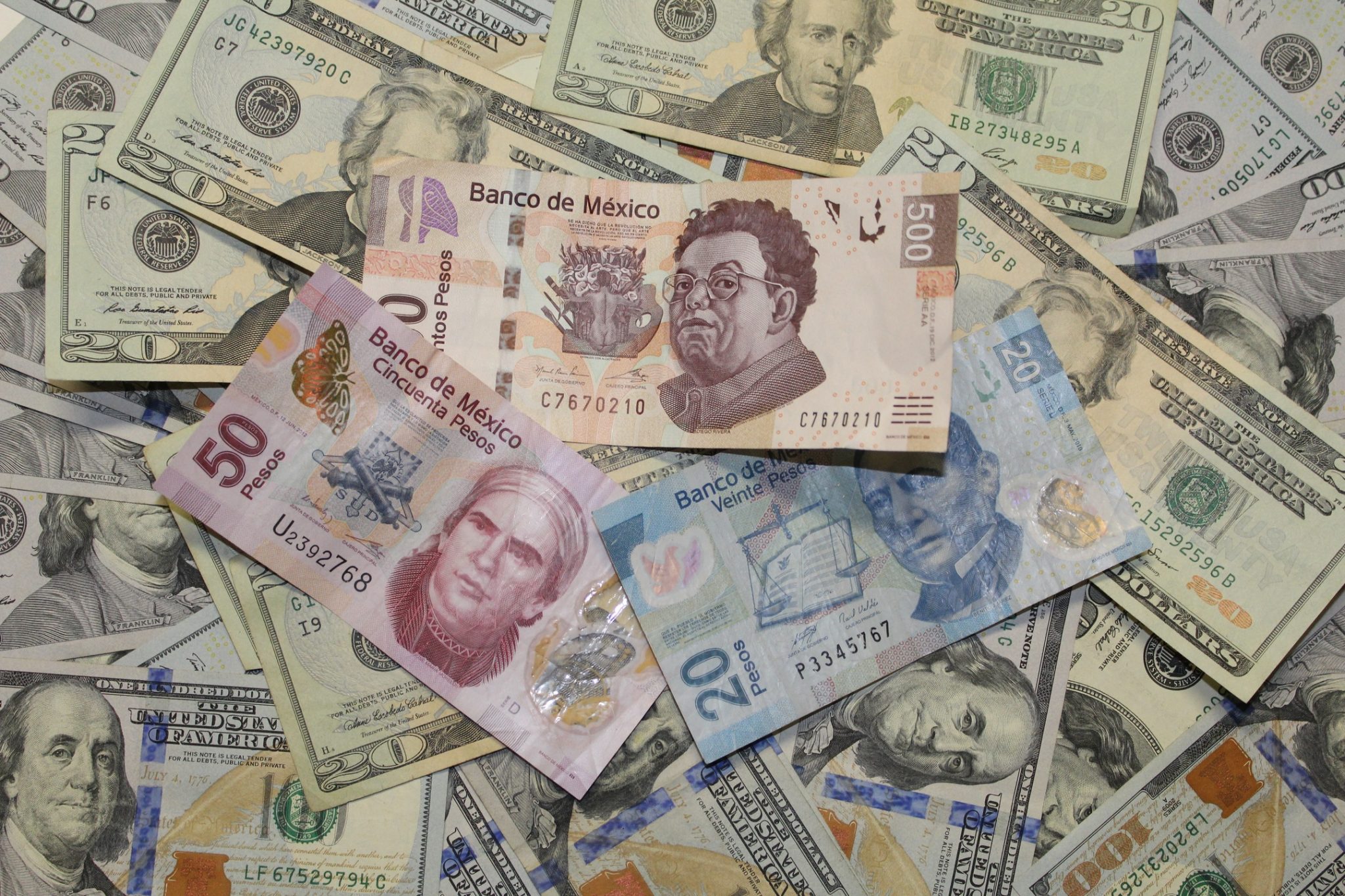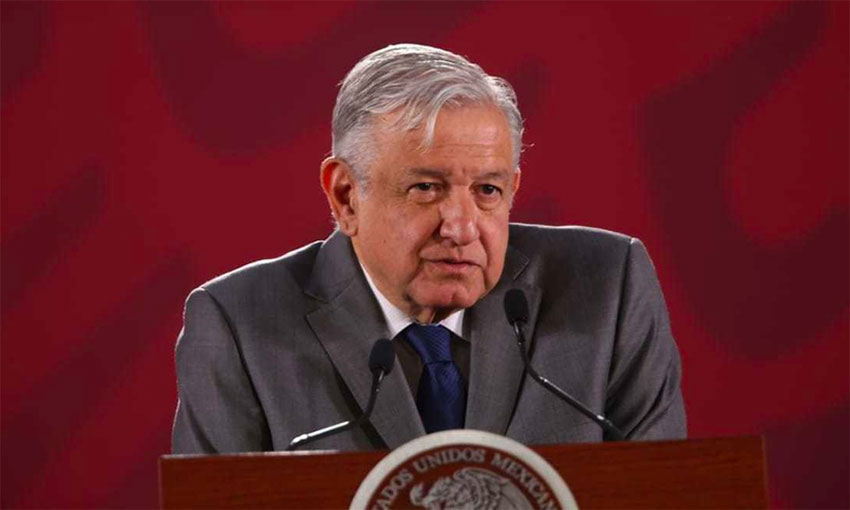by Jon Rappoport
There is more mystery in two minutes of David Lynch’s Inland Empire than in all American films produced in the last 50 years.
The first films ever made registered like dreams with audiences, and they were made with that idea in mind. (Watch Un Chien andalou (1928), by Spanish director Luis Buñuel and artist Salvador Dalí.
Mystery. A priceless commodity which has no market.
I’m not talking traditional suspense, which depends on beginning, middle, and end, and clues sprinkled on the way to a satisfying resolution. That is organized mystery, a contradiction in terms.
The opposite of organization isn’t chaos, although many people believe it is. In the hands of filmmakers like Orson Welles (The Trial, Touch of Evil), Jean Cocteau (The Blood of a Poet, Beauty and the Beast), Luis Bunuel (Discreet Charm of the Bourgeoisie), and David Lynch (Mulholland Drive, Inland Empire), the opposite of organization is mystery; an atmosphere.
Word, image, character, motion, rhythm, tempo—somewhere in the films another previously unknown reality takes over. There are no labels for it.
Society is not attuned to it. People dedicated to living ordinary lives hate it.
“Well, he should have started the story with the theft. Then we would have known what he was talking about. And if he’d given the wife a few extra scenes, her relationship with her son would have been obvious, and the climax would have made sense…”
Organization.
Cut things down to their essentials. Sharpen the focus. Make the audience track with the storyline. Unequivocally deliver the punchline. Sell it.
In other words, eliminate any shred of mystery.
Perhaps someday, Hollywood will be able to make a film that transmits itself in two seconds, like an injection. The sequence of imparted emotions will substitute for content. Sensation A, followed by sensations B. C, D, E, and F. Done.
“I thought it was tremendous. How about you?”
Consciousness, freed from the web of social consensus, is hungry for mystery, a fluid in which gesture, language, and motion explore and invent the impossible; what could never be lived before.
To achieve a simulacrum, a vapid imitation, audiences will sit in a theater and watch “dream-buildings” collapse (Christopher Nolan, Inception), or some kind of assembly-line time-slipping “tour de force” (Cloud Atlas, Tom Twyker, the Wachowskis).
A person committed to an ordinary life will take an occasional leap and look at Possibility in the form of popcorn surrealism.
Film was supposed to be about something else, but it became chopped steak and cars and toasters and invading machines. In the early days, a few yutzes moved out to LA from New York and became moguls of schlock. Which their PR machines sold as culture.
The improvised Citizen Kane, Touch of Evil, and The Trial aren’t even stories. No need. They’re a walking talking series of low-angle black-and-white photographs of astral locales the usual kind of film noir can merely hint at.
By the time David Lynch reaches Inland Empire in his career, he’s doing a ballet of gesture, each movement advancing, with gills, through a bone-muscle-flesh undersea city of corruption only he could have come upon.
Cocteau used living paintings and papier mache as his medium; human characters were driven by impulses in dreams, from which they never awakened.
For all of Stanley Kubrick’s films, it was in Barry Lyndon where, for a minute here and a minute there, the audience was finally and ecstatically delivered whole to another time; the sensuous rooms of the 18th-century Lyndon estate in England. Mystery realized.
“A film is — or should be — more like music than like fiction. It should be a progression of moods and feelings. The theme, what’s behind the emotion, the meaning, all that comes later.” (Stanley Kubrick).
“A film is a ribbon of dreams. The camera is much more than a recording apparatus; it is a medium via which messages reach us from another world that is not ours and that brings us to the heart of a great secret. Here magic begins.” (Orson Welles).
“The image it [cinema] once held for us all, that of a dream we dreamt with our eyes open, has disappeared. Is it still possible that one thousand people might group together in the dark and experience the dream that a single individual has directed?” (Federico Fellini).
“Fortunately, somewhere between chance and mystery lies imagination, the only thing that protects our freedom, despite the fact that people keep trying to reduce it or kill it off altogether.” (Luis Bunuel)
In the journey into fertile mystery, you go knowing you’ll dispense with your navigational instruments. You’ll find new stars. You’ll follow and at the same time spontaneously draw another map. This is what consciousness wants, not the tired archetypes and cartoons of other minds. And when you come back, you’ll be refreshed, whole, and able to watch, with some degree of interest, people sculpt themselves into units of a highly organized cosmos.
The true power of film has just begun to be tapped.
(Jon Rappoport is the author of three explosive collections, The Matrix Revealed, Exit From The Matrix, and Power Outside The Matrix).



